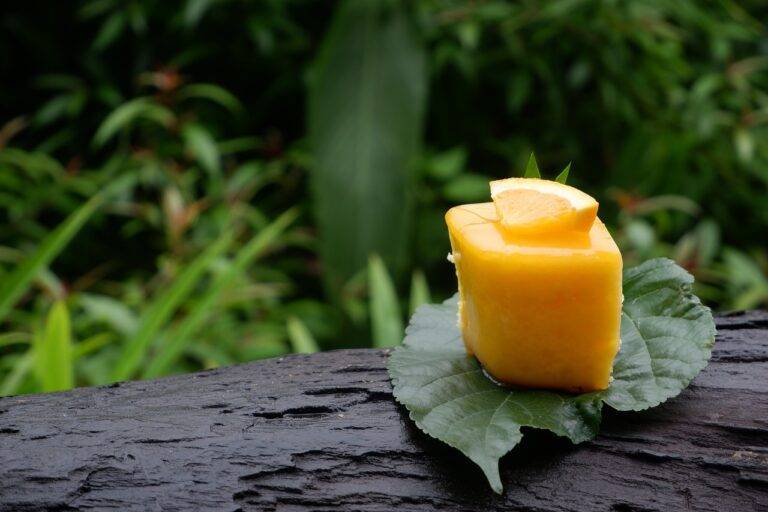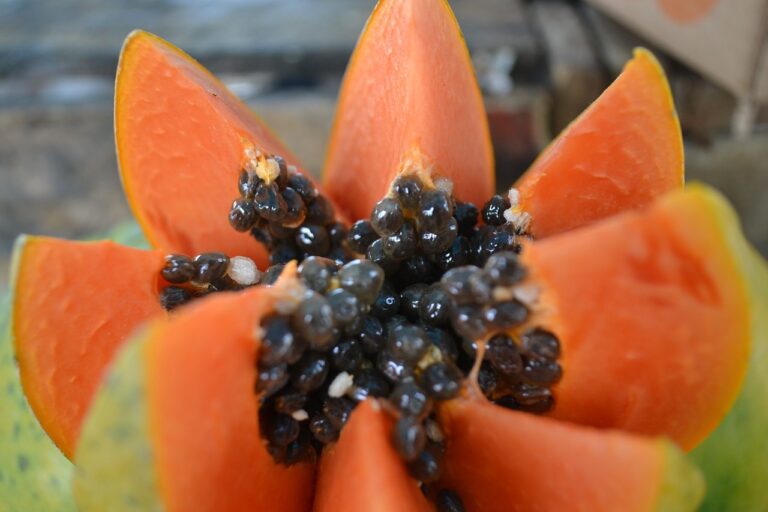Fermentation and Community Resilience: Strengthening Bonds Through Shared Food Practices
11xplay pro, diamondexch9, sky exchange bet: Fermentation and Community Resilience: Strengthening Bonds Through Shared Food Practices
Fermentation has been a traditional method of food preservation for centuries, dating back to ancient civilizations. However, in recent years, there has been a resurgence of interest in fermentation not just for food preservation, but also for its health benefits and the sense of community it can foster. In this article, we will explore how fermentation can strengthen bonds within a community and contribute to its resilience in the face of challenges.
The act of fermenting food involves the use of microorganisms such as bacteria, yeast, and molds to break down sugars and other organic compounds in food, creating new flavors, textures, and preserving the food in the process. This transformative process not only enhances the nutritional value of the food but also creates unique and delicious products that can be shared and enjoyed by a group of people.
Fermentation can bring people together in a variety of ways. For example, fermenting food can be a communal activity where friends, family, or neighbors come together to chop, mix, and jar up batches of sauerkraut, kimchi, or kombucha. This shared experience of creating something together can strengthen social bonds and create a sense of belonging within a community.
Furthermore, fermented foods can be shared amongst community members, whether through food swaps, farmers’ markets, or potluck dinners. These exchanges not only provide a variety of delicious and nutritious foods for everyone to enjoy but also create opportunities for people to connect, share stories, and learn from one another.
In addition to fostering social connections, fermentation can also contribute to community resilience in times of need. Fermented foods are known for their long shelf life, making them an excellent source of sustenance during times of food scarcity or emergencies. By sharing their fermented products with others, community members can help ensure that everyone has access to healthy and nutritious food, even in challenging circumstances.
Moreover, the practice of fermentation itself can be seen as a form of resilience-building. By learning how to ferment food and preserve it for the long term, community members can develop valuable skills that can help them become more self-sufficient and less reliant on external sources for their food needs. This self-reliance can enhance the overall resilience of the community as a whole.
In conclusion, fermentation is not just a way to preserve and enhance food; it is also a powerful tool for building and strengthening community bonds. By coming together to ferment food, share their creations, and support one another, community members can create a sense of belonging, resilience, and reciprocity that can benefit everyone involved. So next time you’re thinking about what to do with that surplus of produce from your garden, consider fermenting it and sharing it with your neighbors you’ll be surprised at the impact it can have on your community.
—
FAQs:
1. What are some examples of fermented foods?
Some common examples of fermented foods include sauerkraut, kimchi, kombucha, yogurt, kefir, sourdough bread, and miso.
2. Are fermented foods good for your health?
Yes, fermented foods are rich in probiotics, which are beneficial bacteria that can improve digestion, boost the immune system, and support overall gut health.
3. Can anyone ferment food at home?
Yes, anyone can learn to ferment food at home with the right tools, ingredients, and guidelines. There are plenty of resources available online to help you get started with fermenting your own food.
4. How can I share my fermented foods with others in my community?
You can share your fermented foods with others by organizing a food swap, setting up a booth at a farmers’ market, hosting a potluck dinner, or simply giving samples to your friends and neighbors. Sharing your creations can help foster a sense of community and connection among those you share them with.







